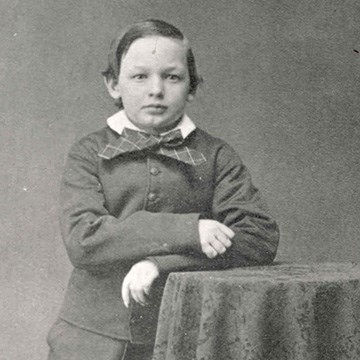April 14, 1865: The Saddest Day
- abesgirl
- Apr 14, 2023
- 2 min read
By Wendy Swanson
Washington, D.C.
Friday, April 14, 2023

Today marks the 158th anniversary of the assassination of Abraham Lincoln, a day that changed our nation.
Harper’s Weekly (April 29, 1865 edition) began its coverage of the Lincoln assassination - in an article entitled “The Murder of the President” – in this way. “The fourteenth of April is a dark day in our country’s calendar.” The article noted that four years earlier “the national flag was for the first time lowered at the bidding of traitors.” Now after four long war-filled years, national tragedy struck, or as described in Harper’s, just when the conflict we call the Civil War was reaching its end:
a conflict in which the nation so far had triumphed that she breathed again in the prospect of coming peace - its chosen leader had been struck down at the foul hand of the cowardly assassin. Exultation that had known no bounds was exchanged for boundless grief.
As one would expect, the publication’s coverage of the assassination included a tribute to Lincoln. This, in part, observed that:
Greater love hath no man than this, that a man lay down his life for his friends. Abraham Lincoln has done that. He has sealed his service to his country by the last sacrifice, his death is a personal blow to every faithful American household; nor will any life be a more cherished tradition, nor any name be longer and more tenderly beloved by this nation, than those of Abraham Lincoln.
In the 158 years since then, many more words of tribute - volumes, in fact - to Lincoln have been written; many others have been penned to describe the tragic event of that day. What is an appropriate commemoration for a dark day in the nation's history?
On this, the saddest of days on the calendar of the Lincoln story, we can take a moment to remember this leader and reflect on the unfinished task he left for us – and take a step - however, small – to make this country “a more perfect union.” To do so will be an appropriate tribute to Lincoln, one each of us can make.




Comments